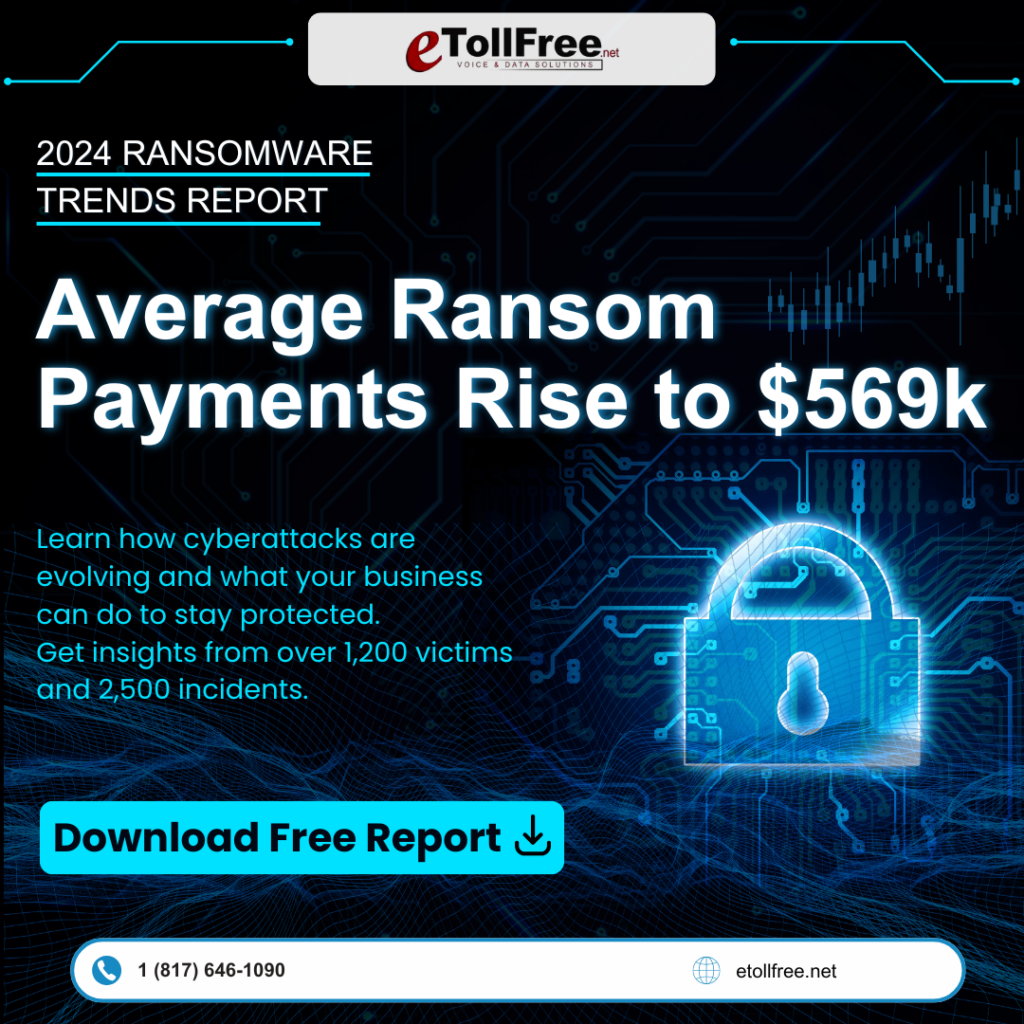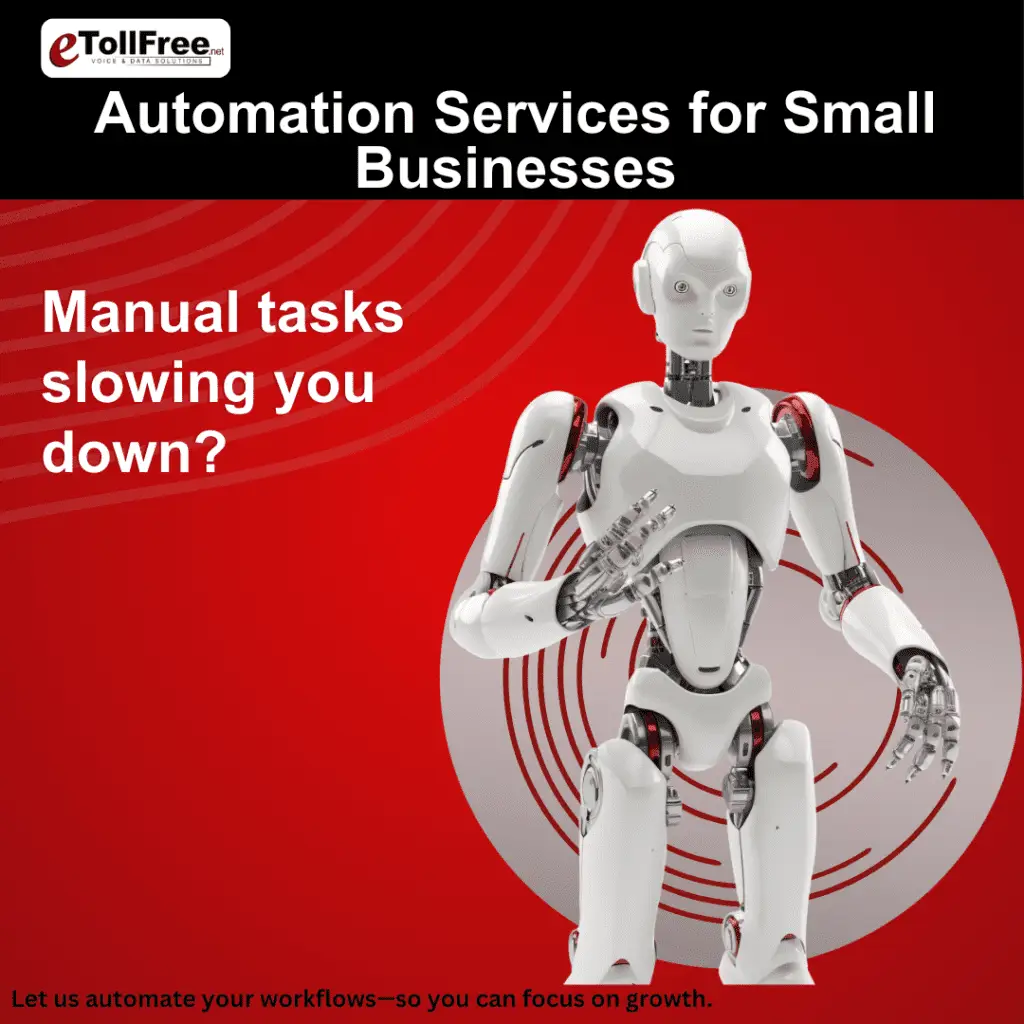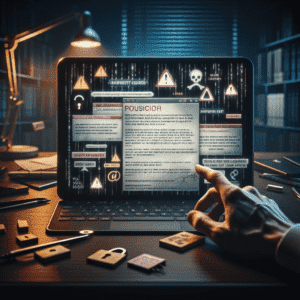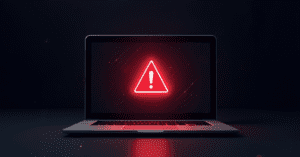How Blockchain is Changing the Way Businesses Keep Their Data Safe
Let me take you to an ordinary Monday morning at Lincoln High, where an unexpected event unfolded, shedding light on the modern challenges of business data security. Mike, a student, casually scrolling through his phone, saw a message that made his heart skip a beat: “Suspicious login attempt detected. Please reset your password.” With curiosity and anxiety fueling his day, Mike soon discovered he wasn’t alone. His friend Lisa and even their teacher, Mr. Carter, were dealing with similar concerns. What followed was a journey into understanding how blockchain is enhancing business data security, offering a beacon of hope amid smarter and more sophisticated cyber threats.
Cyber Attacks Are Getting Smarter
As Mr. Carter explained the situation—a breach attempt threatening student records, emails, and grades—both Mike and Lisa wondered how secure the school’s computer systems truly were. Lisa, always intrigued by tech, couldn’t help but whisper to Mike about the situation. “It’s like our school locks the doors but leaves a copy of the key under the doormat,” she said, drawing an analogy to the inadequate security measures many places still rely on.
Lisa went on to explain, “Most computers store files in one central place. Hackers only need to break one lock to access everything.” She highlighted that hackers today, even using advanced tools and artificial intelligence, find it easier than ever to navigate traditional security systems, making passwords like Mike’s—not so secretive “basketball123″—seem inadequate.
Old Security Methods Are Failing
The conversation sparked an understanding of something crucial for anyone in business or education: the old ways of protecting data—like network borders and simple passwords—just don’t cut it anymore. With cyber attacks evolving, merely locking digital doors isn’t enough. Potential breaches are akin to a thief easily picking a lock or finding a backdoor into a building.
Using Blockchain for Security
After school, Lisa had an idea. “I think I know how schools and businesses can stop hackers,” she said, pulling Mike over to her laptop. Her answer lay in blockchain, a technology many hear about but few fully understand. “Imagine instead of keeping all the school records in one treasure chest, we hand out copies to hundreds of students. If a hacker tries to change one copy, the others will instantly see the difference and reject it,” she explained. Blockchain does this by distributing data across many points, ensuring that no single entity can alter or steal information easily.
This approach is revolutionary in enhancing business data security. Once data enters the blockchain, it’s like using a permanent marker; it can’t be altered without all copies of the data flagging the change. Just like in a classroom scenario with fake report cards, the real records prevail and expose any discrepancies.
Breaking Up Data for Safety
Blockchain’s genius lies in scattering data instead of consolidating it in one vulnerable location. This digital notebook spreads across multiple computers, making it immensely difficult for hackers to gather all pieces of the puzzle. It’s like keeping bits of valuable information locked safely in separate safety deposit boxes across the city.
Big Hacks Show Weaknesses
Recent high-profile data breaches, including those in 2024, underscore vulnerabilities in centralized data systems. These incidents revealed how easily hackers can access massive amounts of data stored in a single, insufficiently secured spot. Such breaches remind us of the importance of adopting more secure methods like blockchain for safeguarding information.
Challenges Facing Blockchain Adoption
“Why isn’t everyone using blockchain?” Mike queried, puzzled. Lisa had an answer: transitioning to this system isn’t as straightforward as it seems. Many businesses find the shift to blockchain complex, likening it to explaining the latest social media app trends to your grandparents. Moreover, existing systems often clash with blockchain’s advanced architecture. The absence of universally clear guidelines adds to the resistance, despite global companies like Microsoft and IBM already embracing blockchain.
Such challenges may delay broader adoption, but as data security threats grow, more businesses will have to weigh their options and make informed decisions about the safety of their information.
Digital IDs and Trust
Blockchain also offers robust identity verification without solely relying on passwords. By creating secure digital IDs, businesses diminish the risk of identity fraud, ensuring that each individual is who they claim to be. This innovation is crucial as digital transactions become more integral to daily business operations.
The Future of Online Safety
As Mike and Lisa concluded their day, reflecting on the power of blockchain, they couldn’t help but consider its potential. “So, do you think blockchain could really stop hackers?” Mike asked. With confidence, Lisa nodded. “It’s way safer than what we have now,” she asserted, challenging us all to consider whether we’d prefer an airtight security system or continue placing too much trust in outdated measures.
If you’re a business owner or entrepreneur, ask yourself: With cyber threats on the rise, wouldn’t you consider switching to blockchain to seriously enhance your data security? Share your thoughts and experiences as we navigate this new frontier of technological protection.










